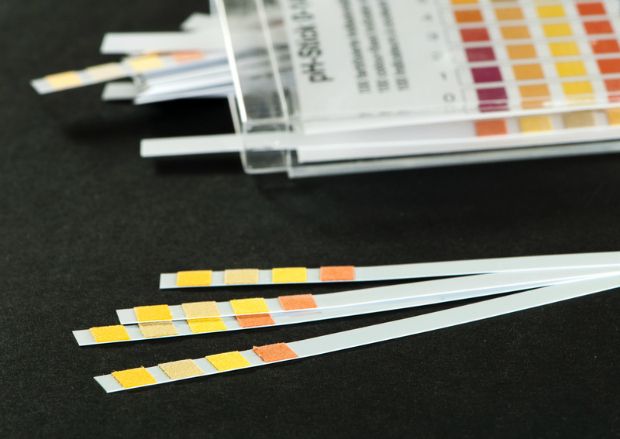I recently shared this status update on Facebook:
“We’ve been without a fridge for over a month now. That ends today. There was a time we’d just have put a new fridge on the credit card or even declared it an emergency and used our savings. But we made do with coolers and the chest freezer in the garage for a month, saved up, and paid cash today. I’m really proud of us!”
Yes, our family of six went without a fridge for over a month. When the old fridge quit working, in order to pay cash for a replacement we squeezed an already tight budget and put other financial plans on hold to take care of our immediate situation instead of tapping into the emergency fund.
I was really proud of us because saying “no” still takes discipline for us, despite the progress we’ve made the past few years. Most of our friends and family were proud of us as well.
I did get a concerned phone call from a relative wondering if we were living on peanut butter and crackers (we weren’t) and more than one person asked how on earth we managed (it was a combination of freezer cooking and eating lots of fresh fruits and veggies that didn’t need refrigeration. In some ways it was like camping but with a stove. I would NOT want to do it again.
But, what most folks commented on was the fact that our decision not to immediately purchase a new fridge on credit or with our emergency fund savings gave them a new perspective on what constituted an “emergency.”

The litmus test for an emergency
Now, aside from a job loss, a medical emergency, or catastrophic event where an emergency is readily apparent, there are more mundane, minor issues that must be dealt with because they affect daily life: things break, plans go awry, mistakes are made.
The takeaway for us in our refrigerator situation is that we learned how to evaluate our situation and refine our definition of “emergency.”
So, how did we decide what makes an event a true emergency, something that we would dip into the emergency fund for? We needed a litmus test.
From dictionary.com:
litmus test noun 1. Chemistry. the use of litmus paper or solution to test the acidity or alkalinity of a solution.2.a crucial and revealing test in which there is one decisive factor.
Our litmus test is simple: what would cause us to lose sleep at night from worry?
Draining our emergency fund and living without that security until we could build it back up? Or, going without repairing or replacing the item in question?
In this case, while going without a fridge was a huge inconvenience, when compared to the idea of depleting the emergency fund we decided to pick inconvenience over worry. We held on to our savings and went without for the time it took us to save up to pay cash for a replacement.
It took us about six weeks, and the fridge we got is just a basic no-frills model from a big warehouse store. We paid cash, our emergency fund stayed put, and we slept well at night.

Now, if our circumstances were different, we might have done things differently. For example, if we had a newborn in the house (a time when families don’t need any extra complications) or if someone needed medication that has to be kept at a certain temperature, or if we didn’t already own a chest freezer, then we would have made the decision to use a portion of our emergency fund to purchase a replacement refrigerator. If it were our vehicle, necessary for my husband’s job, we’d probably have used the emergency fund, too.
Deciding if something is an emergency is a decision influenced by personal circumstances.
Thinking about emergencies this way means we have to weigh convenience versus necessity, wants versus true needs. It also means that we both have to be on the same page about our finances and the lines of communication have to be open.
Our emergency fund is really our only savings at this point, as all other money goes toward paying down our debt as quickly as possible or into designated sinking funds with a specific assigned purpose. It took us a long time to save that money and it hasn’t been easy.
You can bet we think long and hard when and if we decide to use that money.
In a home full of hand-me-down appliances, Christopher and I have had the chance to put our circumstances to this financial litmus test time and time again: What will cause us to lose the most sleep? Which circumstance puts us at the most risk? And then we plan our next financial move from there.
Another lesson learned
Here’s a second takeaway from our fridge situation last fall: in our pride, something we should be over by now given our financial history, Christopher and I didn’t tell anyone else our circumstances. We kept our fridge problem to ourselves and just quietly took care of things.
But, within minutes of my Facebook status posting, a friend replied, “Why didn’t you tell me? We had an extra fridge we just got rid of, we could have given it to you.”
Whoops.
So, friends, learn from us and, if you find yourself in a bind, don’t be afraid to put the call out for help. Someone may have something extra in their lives taking up space that just might be the solution to your problem.



